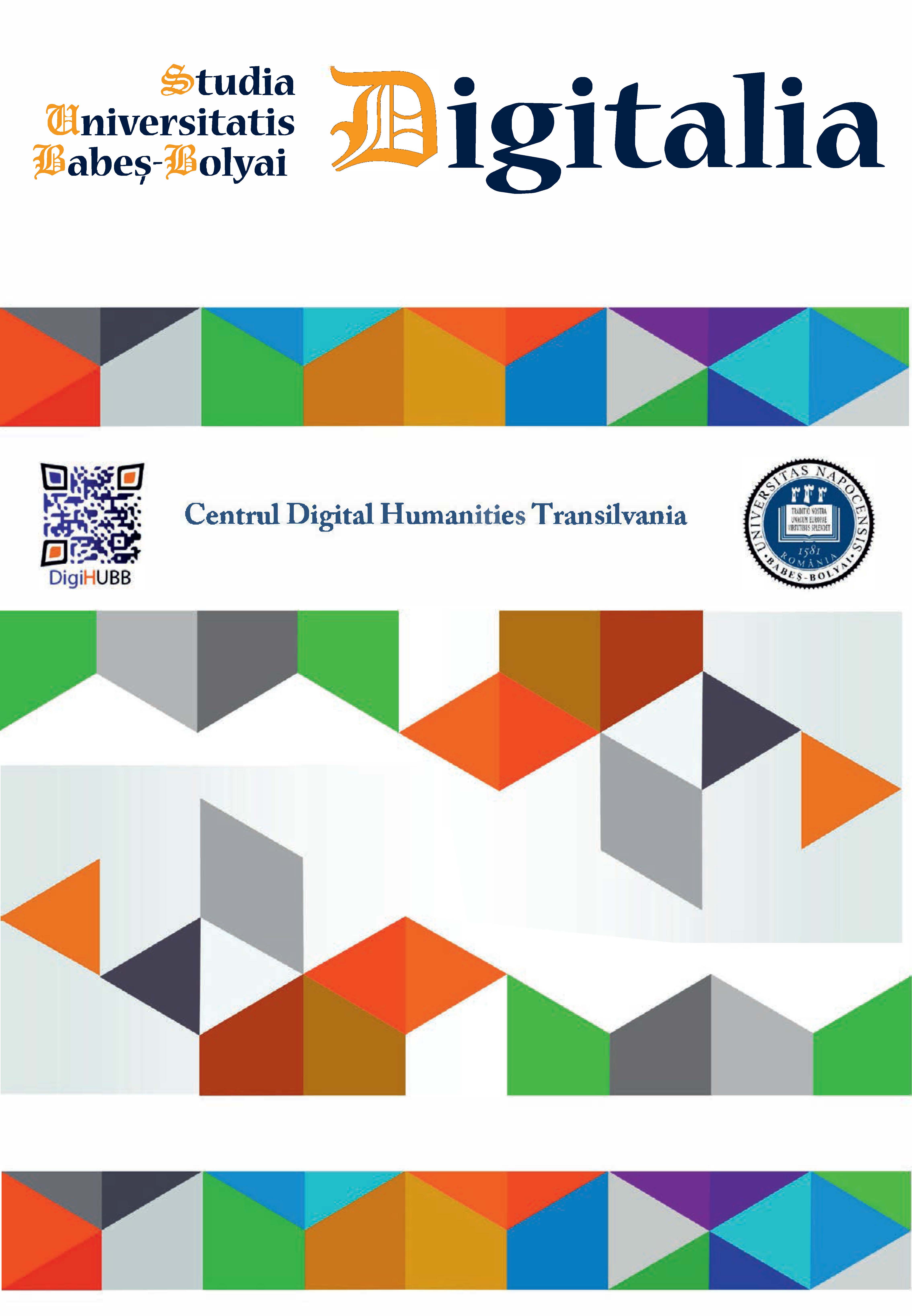THE USE OF RELATIONAL DATABASES IN EPIGRAPHY: A CASE STUDY
THE USE OF RELATIONAL DATABASES IN EPIGRAPHY: A CASE STUDY
Author(s): Silvia GazzoliSubject(s): Social Sciences, Language and Literature Studies, Economy, Literary Texts, Fine Arts / Performing Arts, Geography, Regional studies, Library and Information Science, Maps / Cartography, Information Architecture, Electronic information storage and retrieval, Applied Linguistics, Communication studies, Philology, ICT Information and Communications Technologies
Published by: Studia Universitatis Babes-Bolyai
Keywords: epigraphy; inscriptions; database; open source;
Summary/Abstract: The study of an abundant number of inscriptions leads to the conception of schemas and forms that can be organized into databases. This procedure allows us to arrange information with precision and to draw data and create connections between them in quickly and easily. For this reason, the relational database model has proved to be a valid support, as it makes possible to arrange data and information logically according to pre-established constraints and relationships, reducing errors and repetitions. The aim of this paper is to present an example of the use of a relational database created to catalogue inscriptions and highlight the positive aspects and difficulties found out during the process. The complexity of this method is mostly related to making choices about entities and identifying relationships between them; another obstacle is connected to the complexity of inscriptions as group of words and formulae. Nevertheless, the relational database allows the researcher to mix up data and information and create new relationships between them using SQL operators. The software used for the case study that will be presented in this paper is an open source administration and development platform pgAdmin (for PostgreSQL).
Journal: Studia Universitatis Babeș-Bolyai - Digitalia
- Issue Year: 63/2018
- Issue No: 2
- Page Range: 19-30
- Page Count: 12
- Language: English

